News
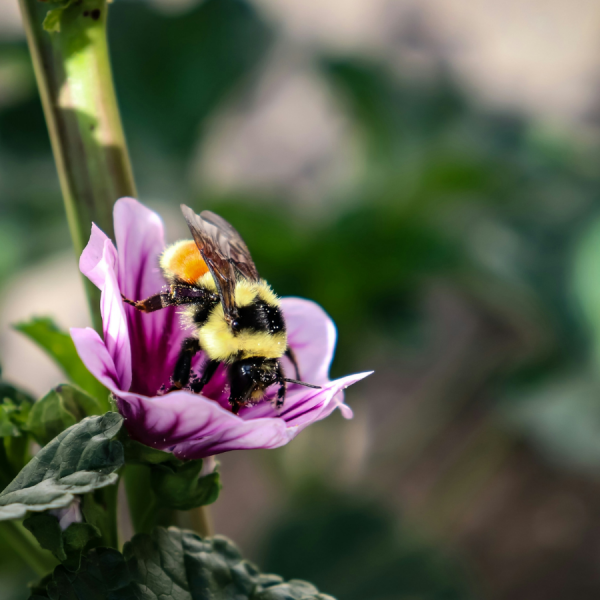
Apr 10, 2025
Even sublethal insecticide dose may disrupt pollinator mating process
Insecticides can help protect crops against troublesome pests, but they also pose a risk for beneficial insects such as pollinators. A new study led by researchers at Penn State provided insight into how even sublethal doses of insecticides can negatively affect pollinators by disrupting the mating process.
Full Article
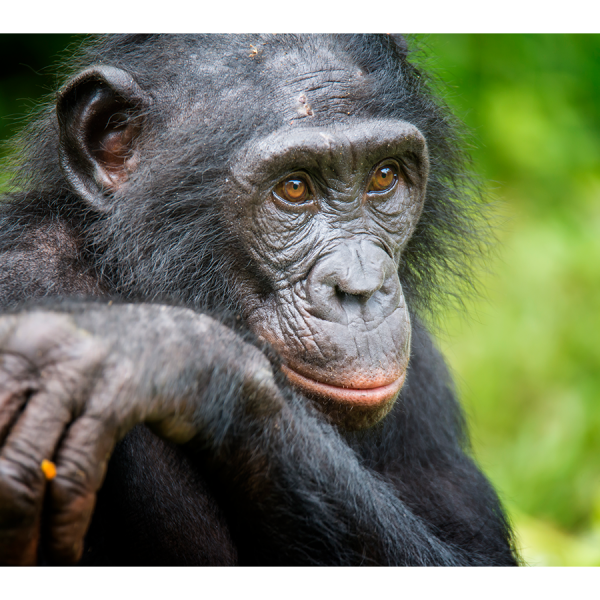
Apr 09, 2025
Complete genome sequences of six ape species unveiled
Previously inaccessible regions reveal novel insights that may advance understanding of evolution and conservation genetics for endangered apes as well as human health.
Full Article
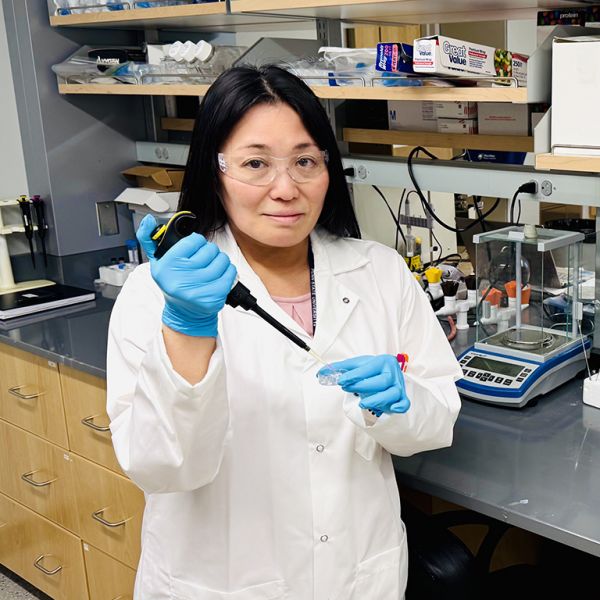
Apr 09, 2025
‘Patchy’ thermogels show next-gen biomedical material potential, scientists say
Special biomedical materials that can be injected as a liquid and turn into a solid inside our bodies — called thermogels — could provide a less-invasive way to deliver drugs or treat wounds. Scientists at Penn State have developed a new design for these materials that further improves their properties and may hold particular promise for use in tissue regeneration, the researchers said.
Full Article
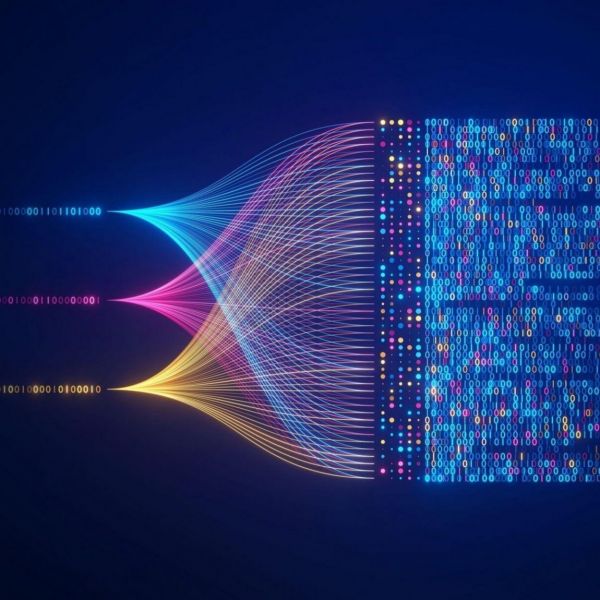
Apr 09, 2025
NCEMS working groups to answer molecular and cellular bioscience questions
The U.S. National Science Foundation National Synthesis Center for Emergence in the Molecular and Cellular Sciences at Penn State aims to drive multidisciplinary collaboration utilizing publicly available research data.
Full Article
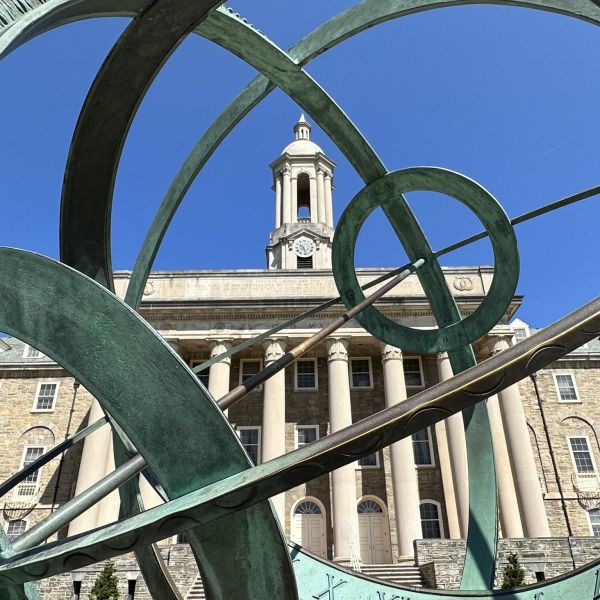
Mar 28, 2025
Four Penn State faculty elected AAAS Fellows
Four Penn State faculty members in areas ranging from agriculture to the biological sciences, geology and physics have been elected to the latest cohort of fellows of the American Association for the Advancement of Science (AAAS), the world’s largest general scientific society and publisher of the journal Science.
Full Article
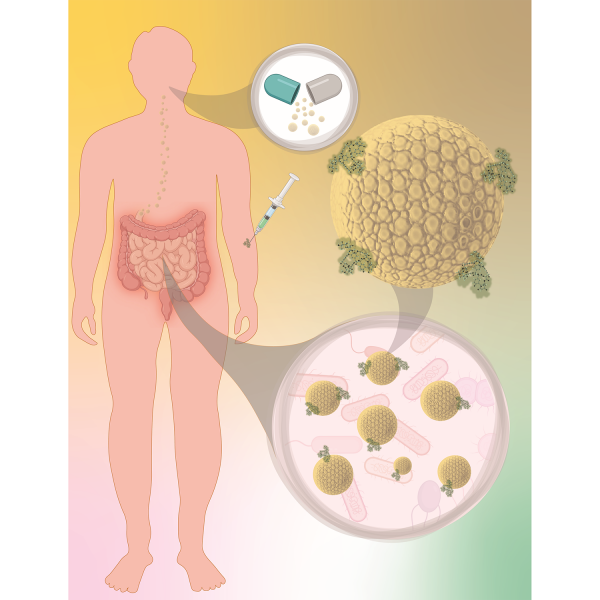
Mar 18, 2025
FDA-approved dialysis drug may help fight against antimicrobial resistance
The study, conducted in mice, revealed that sevelamer can successfully remove off-target antibiotics from the gut.
Full Article
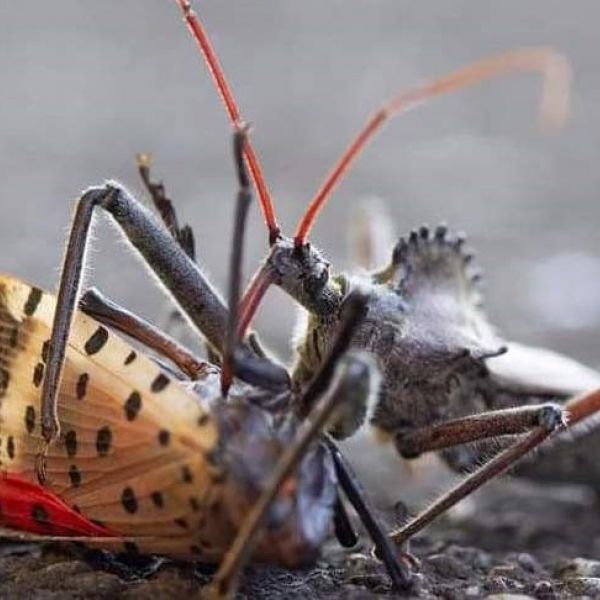
Mar 17, 2025
Natural insect predators may serve as allies in spotted lanternfly battle
Insect predators found in the United States could help keep spotted lanternfly populations in check while potentially reducing reliance on chemical control methods, according to a new study conducted by researchers at Penn State.
Full Article
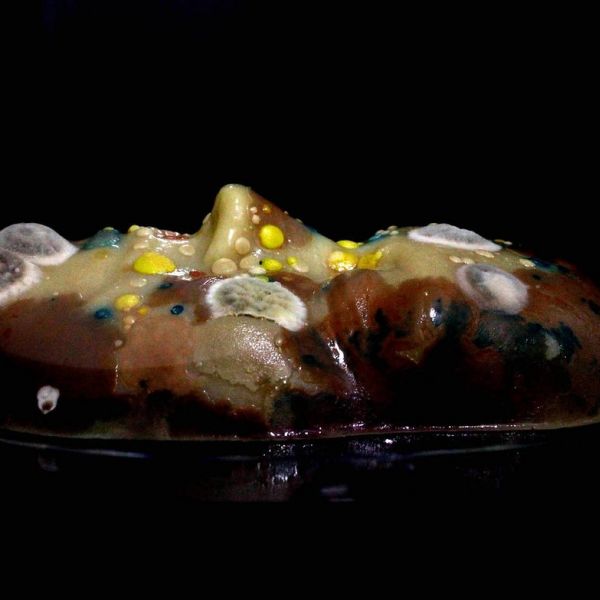
Mar 18, 2025
BioArtist Mellissa Monsoon to present 'Collaborating with Microbes'
The One Health Microbiome Center and College of Arts and Architecture are co-hosting three events as part of a multi-year SciArt collaboration.
Full Article

Mar 17, 2025
Stage set for final round of Three Minute Thesis competition on March 29
Graduate students at Penn State will put their communication skills to the test in the final round of the University’s second annual Three Minute Thesis (3MT) competition. The event, hosted by the J. Jeffrey and Ann Marie Fox Graduate School, is set for 3 p.m. on Saturday, March 29, and will be livestreamed from the Nittany Lion Inn. The competition is free and open to the public, but advance registration is required for both in-person and virtual attendance.
Full Article

Mar 17, 2025
Ag Sciences research institute SAFES funds projects addressing critical issues
Penn State’s College of Agricultural Sciences, through its Institute for Sustainable Agricultural, Food and Environmental Science, known as SAFES, announced funding awards to accelerate the advancement of its Critical Issues Initiatives. These initiatives serve as the college’s impact hubs, addressing urgent and high-impact challenges through targeted efforts and innovative projects.
Full Article